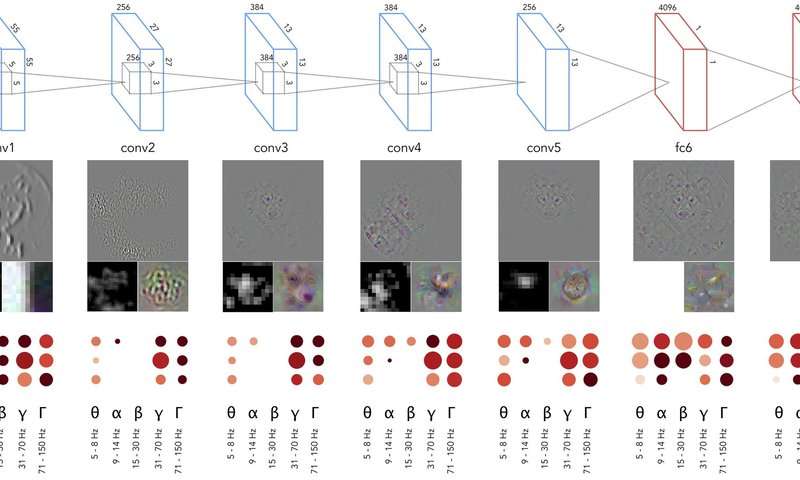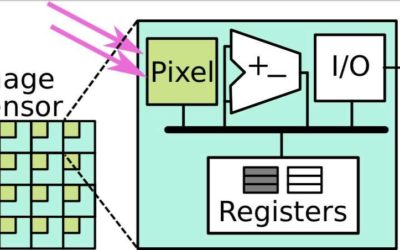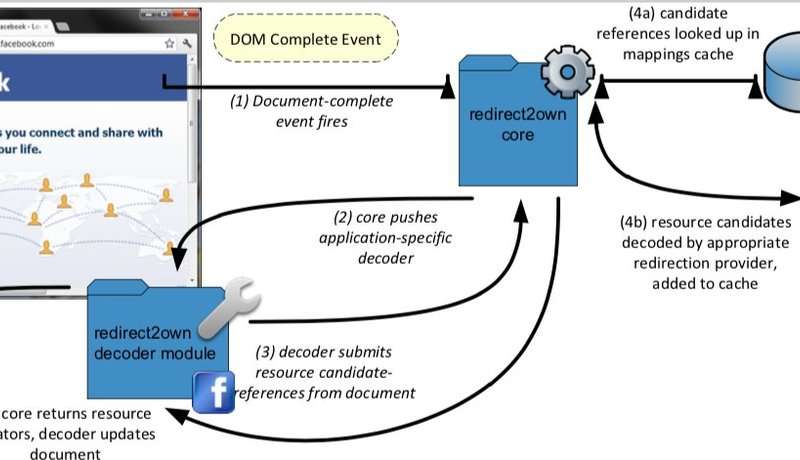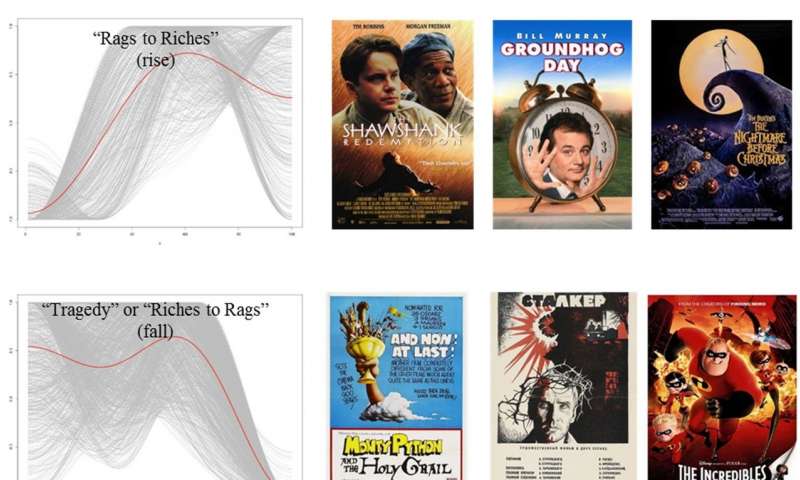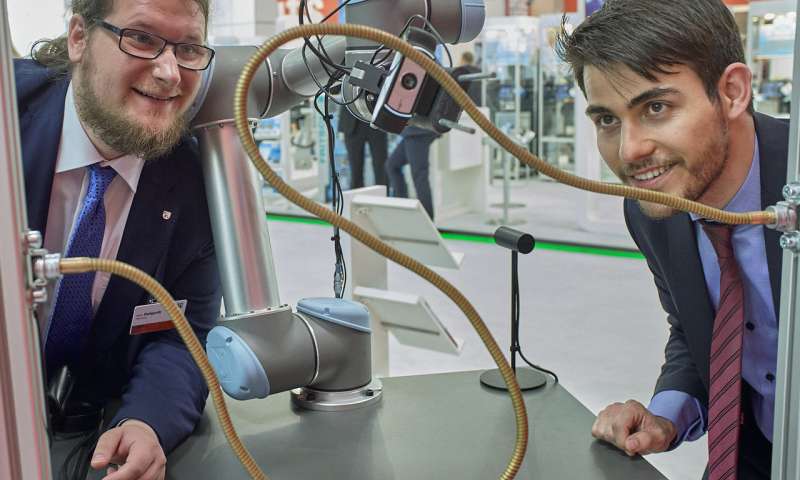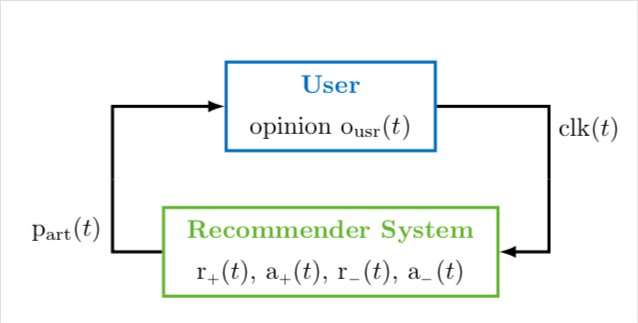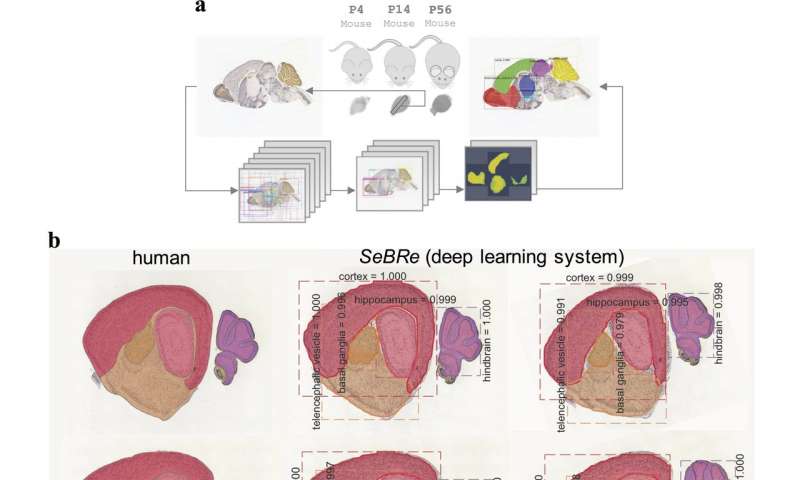Researchers at the University of Tartu's Computational Neuroscience Lab, in Estonia, have discovered that activations of deep convolutional neural networks are aligned with the gamma band activity of the human visual cortex. Their study, published in Communications...
Computer Sciences
New real-time localization and mapping tools for robotics, VR, and AR
A large group of researchers at Imperial College London, the University of Edinburgh, the University of Manchester, and Stanford University have recently collaborated on a project exploring the application of real-time localization and mapping tools for robotics,...
Redirect2Own: A new approach to protect the intellectual property of user-uploaded content
Every day, millions of users upload content on social media media platforms, including text, pictures and videos. While the creators of this content typically retain intellectual property (IP) rights once it is shared online, they often grant services hosting the...
Story ending generation using incremental encoding
Researchers at the AI Lab of Tsinghua University have recently developed an incremental encoder-based model that can generate story endings. An incremental encoder is a type of encoding compression algorithm that is often used to compress sorted data, such as lists of...
Researchers use machine learning to analyse movie preferences
Could behavioural economics and machine learning help to better understand consumers' movie preferences? A team of researchers from the University of Cambridge, the University of West England, and the Alan Turing Institute dove deeper into this question, in a...
Using ablation to examine the structure of artificial neural networks
A team of researchers at RWTH Aachen University's Institute of Information Management in Mechanical Engineering have recently explored the use of neuroscience techniques to determine how information is structured inside artificial neural networks (ANNs). In their...
A new machine learning strategy that could enhance computer vision
Researchers from the Universitat Autonoma de Barcelona, Carnegie Mellon University and International Institute of Information Technology, Hyderabad, India, have developed a technique that could allow deep learning algorithms to learn the visual features of images in a...
Modelling the loop between opinion formation and personalized recommendations
Researchers at the University of Twente and CNRS have recently carried out a study that explores the relationship between users' opinions and the personalized recommendations they receive online. In their paper, which was pre-published on arXiv, they proposed a model...
Developing brain atlas using deep learning algorithms
A team of researchers from the Brain Research Institute of the University of Zurich and the Swiss Federal Institute of Technology (ETH) have developed a fully automated brain registration method that could be used to segment brain regions of interest in mice.
Can a computer write a sonnet as well as Shakespeare?
AI or not AI: that is the question.

